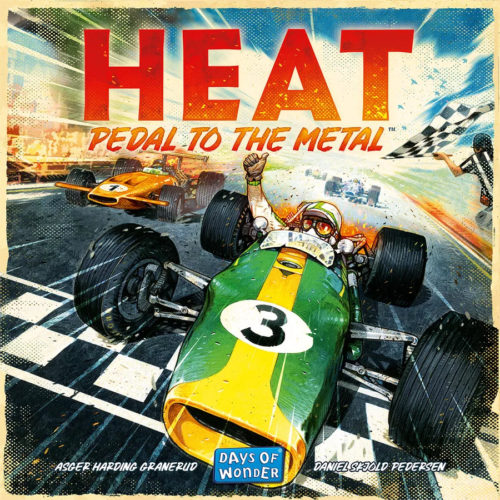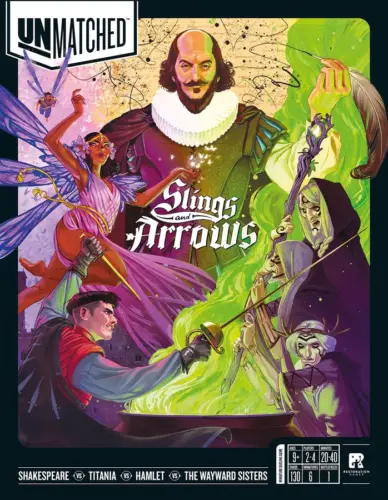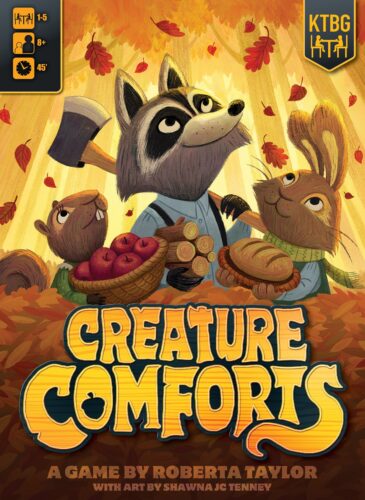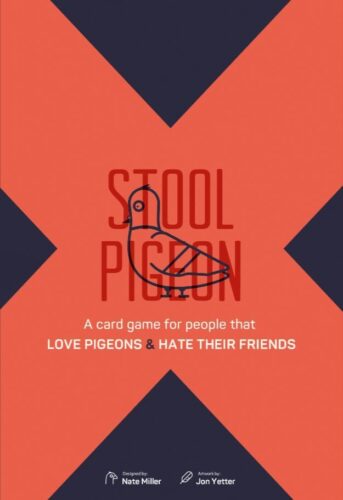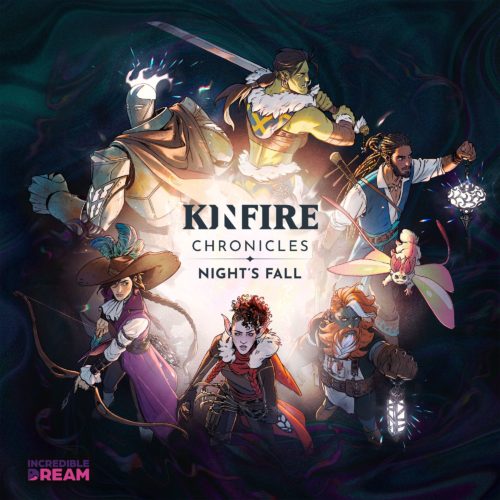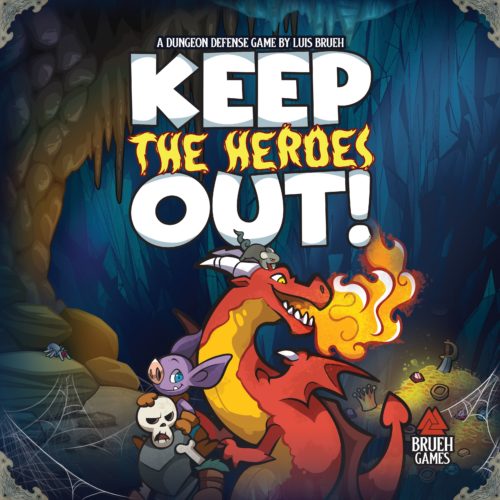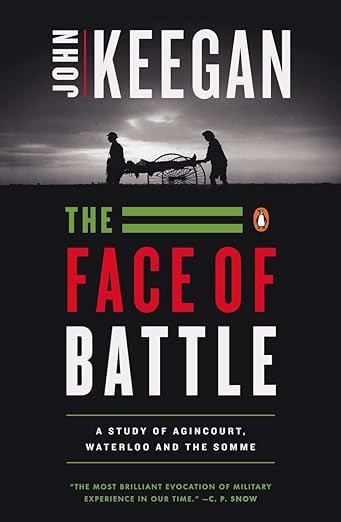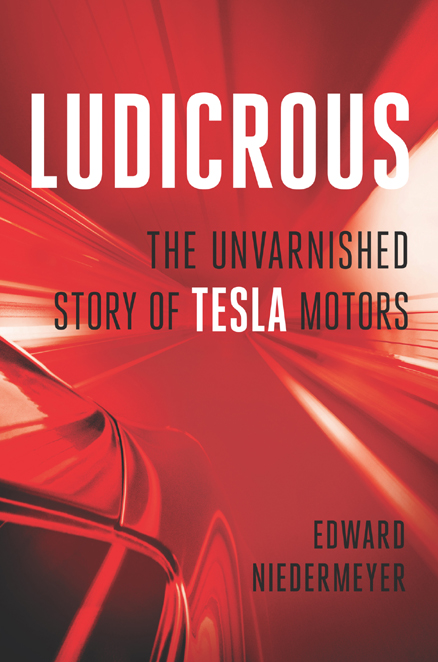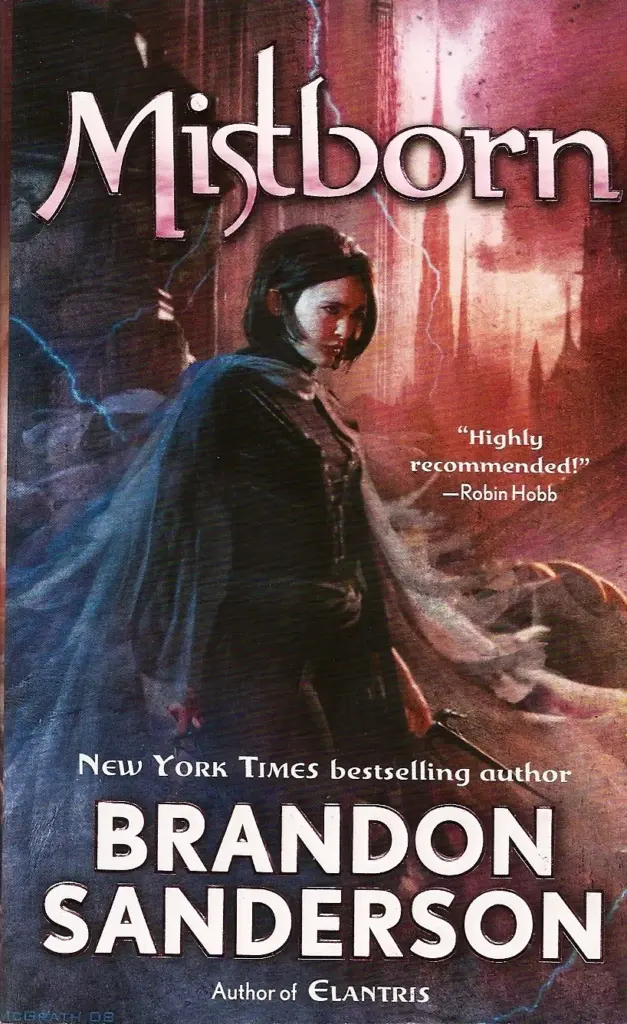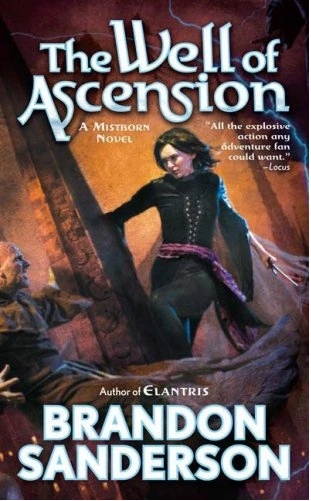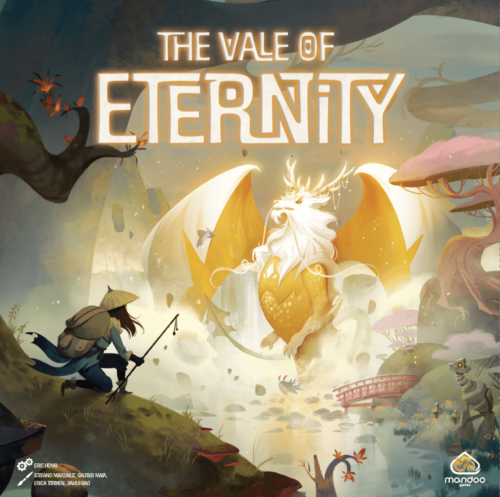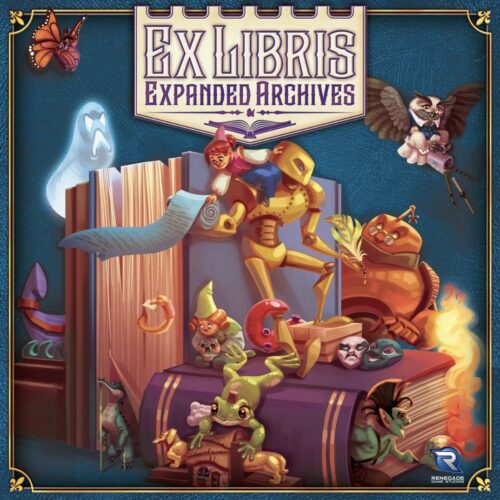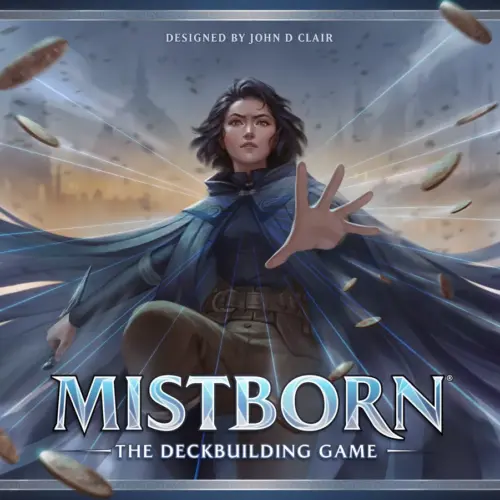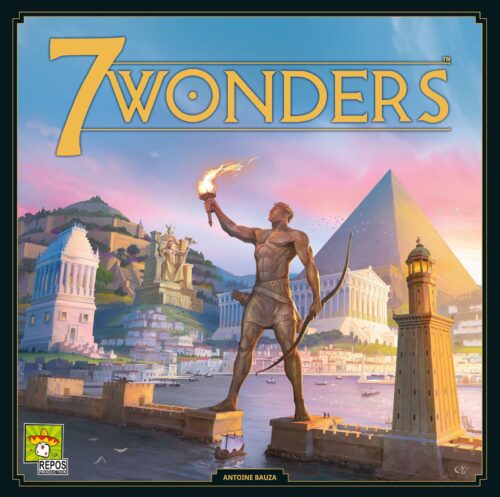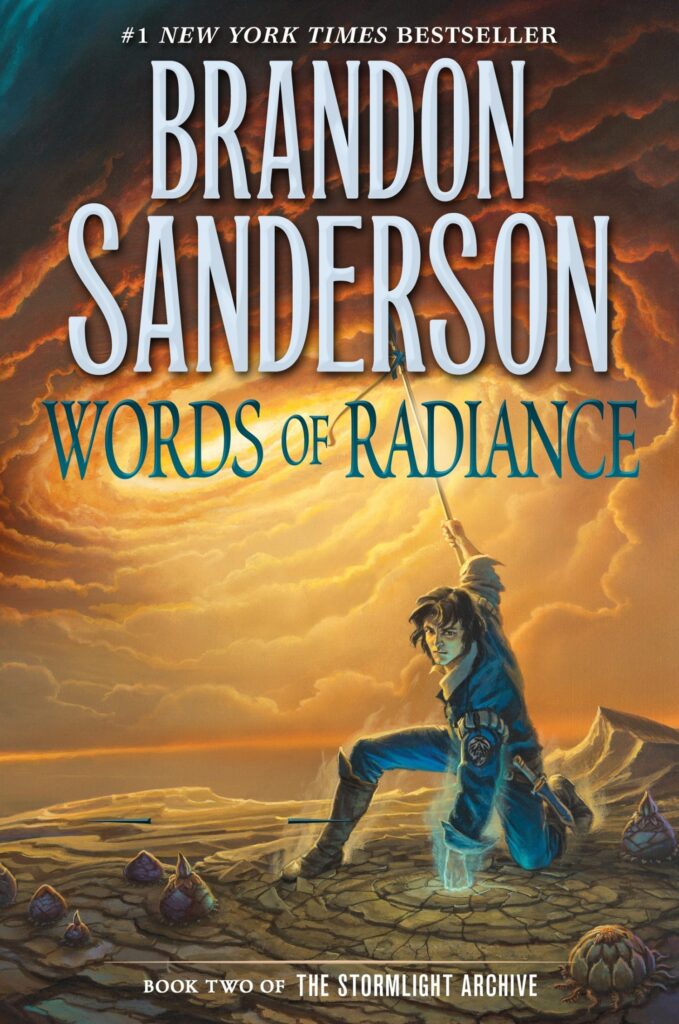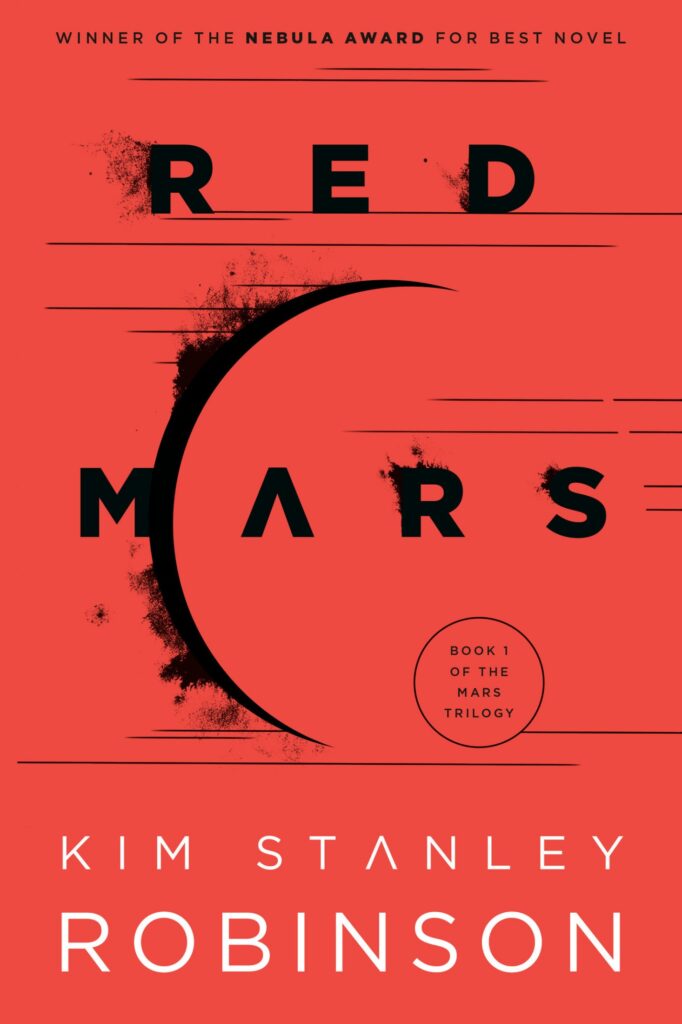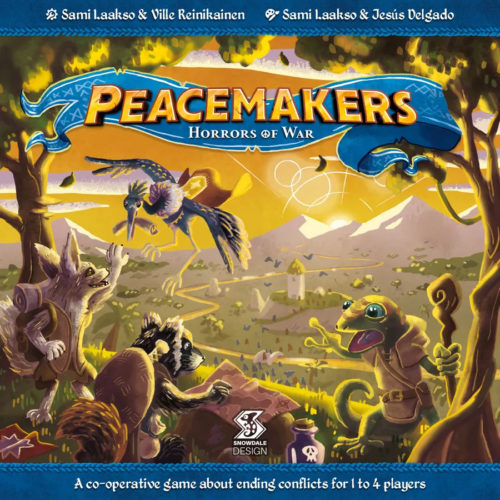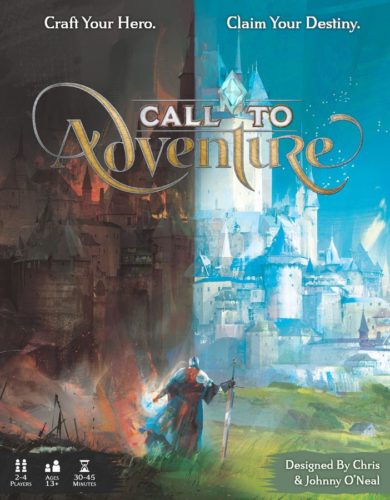Played another race in Heat: Pedal to the metal at the board game meetup. I lost. Still enjoying this game a lot each time though.
After the race we played a session of Unmatched. It’s a player-vs-player battle system made of up compatible, themed-boxes of characters. I played as Hamlet who on each turn had to decide whether “To Be” or “Not To Be.” With each option offering various tradeoffs. Hamlet faced off against Ms. Marvel, Dr. Strange, and someone else I’ve forgotten. I lost.
Played a couple of games of Creature Comforts during the month. Still enjoying the cozy art and chill gameplay. I lost one game and won one game.
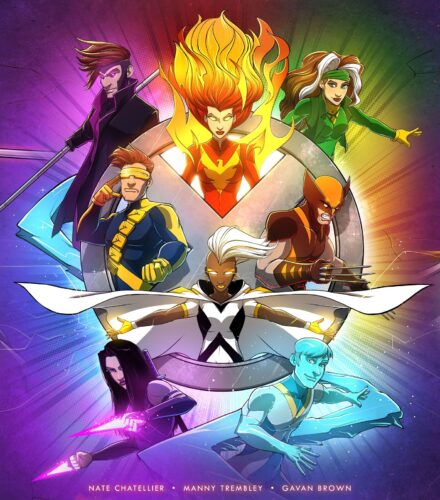
At the next board game meetup we played another session of Marvel Dice Throne: X Men. This time we played 2v2 teams. I played as Psylocke. I rolled an Ultimate move which tipped things in my team’s favor and led to our scant victory.
With time for something short we played two rounds of Stool Pigeon. This is a silly game of memorization and deception. You each have cards with points on them face down in front of you. You get few opportunities to look at them and many opportunities to swap them around the table. Your goal is to have the fewest points on your cards at the end which occurs when someone uses their turn to trigger a final turn for the other players. I lost the first game, which I called (I managed to work myself down to only 2 cards, but other players swapped in high-value cards on their last turn). I won the second game when someone else called and I was able to keep a hold of only very-low value cards without anyone taking them off me. A silly game, but fun for killing 10-20 minutes at a time.
Jess and I finally got back around to moving our Kinfire Chronicle’s: Night’s Fall campaign forward. We picked up a side quest (Quest 21) and were doing quite well in the battle. But we lost control of our boat and capsized. So we weren’t defeated by the enemy, but neither did we defeat them. Tails tucked between our legs we limped back to town still dirt poor after several less-than-successful missions in a row.
Update:
Played a couple sessions of Keep the Heroes Out! with the family on the last day of the month. We played scenario 7 on “challenging” difficulty and were defeated fairly quickly. So we reset and played again on “family” difficulty. We were defeated again, but we survived a lot longer.
